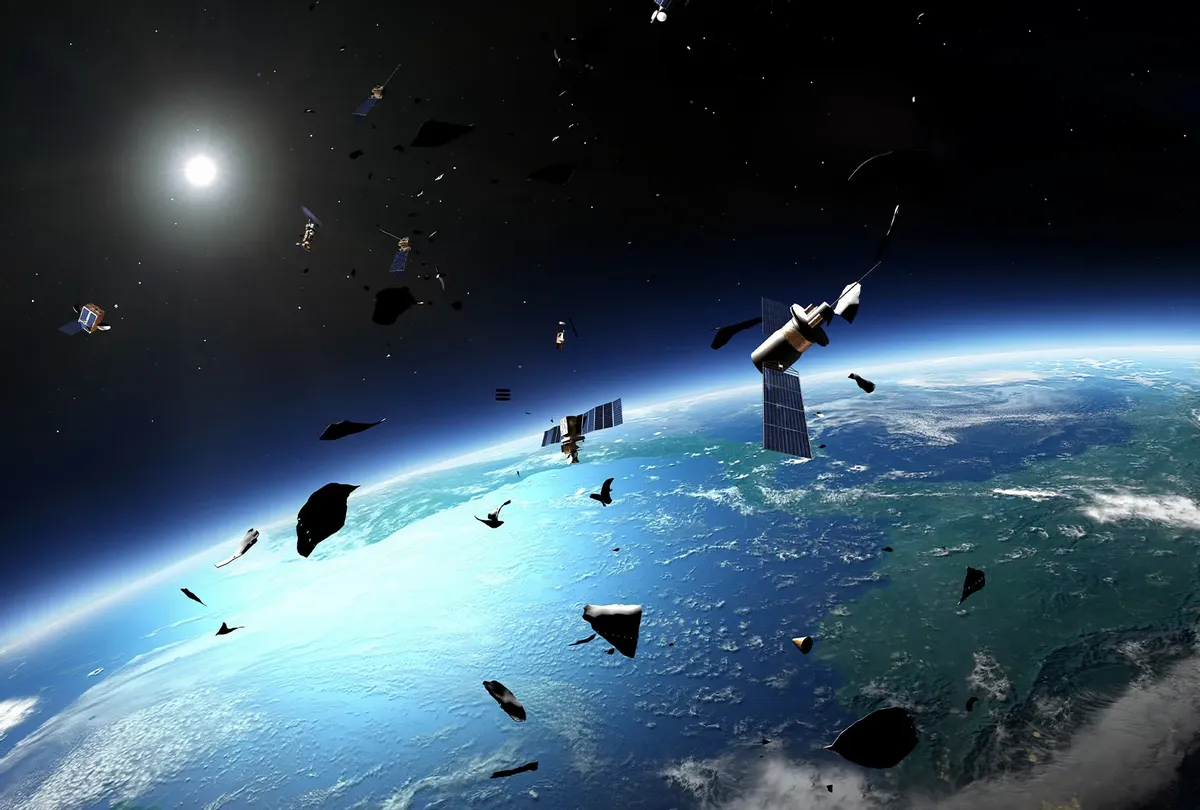
NASA is sponsoring research proposals from three university-based teams over the course of the next year to examine the economic, social, and regulatory concerns related to space sustainability as part of its efforts to address orbital debris.
Orbital debris is a term used to describe human-made items in Earth's orbit that are no longer useful. Such "space garbage" consists of unfinished rocket stages, broken spacecraft, and mission-related and fragmentation debris.
NASA is concerned about the threat posed by orbital debris because it can harm spacecraft and restrict access to space. It may also obstruct the growth of the low-Earth orbit economy, especially commercial activity. These new grants will support the research necessary to help NASA fulfil its commitment to solving the issue.
“Orbital debris is one of the great challenges of our era,” said Bhavya Lal. She is associate administrator for the Office of Technology, Policy, and Strategy (OTPS) at NASA Headquarters in Washington. “Maintaining our ability to use space is critical to our economy, our national security, and our nation’s science and technology enterprise. These awards will fund research to help us understand the dynamics of the orbital environment and show how we can develop policies to limit debris creation and mitigate the impact of existing debris.”
The following three ideas were assessed and chosen by a group of experts:
Patrice Kohl, Sergio Alvarez, and Philip Metzger from the University of Central Florida submitted the paper "Communication and Space Debris: Connecting with Public Knowledges and Identities."
The Secure World Foundation, Daniel Kaffine of the University of Colorado-Boulder, and Akhil Rao of Middlebury College presented "An Integrated Assessment Model for Satellite Constellations and Orbital Debris."
The submission, "Adaptive Space Governance and Decision-Support using Source-Sink Evolutionary Environmental Models," by Richard Linares, Danielle Wood, and Moriba Jah of the Massachusetts Institute of Technology, the University of Texas at Austin, and The Aerospace Corporation of El Segundo, California, will help validate and verify the modelling tool used for the project.
The teams' findings will be made public on the NASA website by the OTPS. Selected teams may also collaborate with international organisations like the Organization for Economic Cooperation and Development as part of a global request for research proposals on orbital debris and space sustainability.
Source credit: https://scitechdaily.com/space-sustainability-nasa-funds-projects-to-study-orbital-debris/
Edited by: Ankit Biswas (LinkedIn)